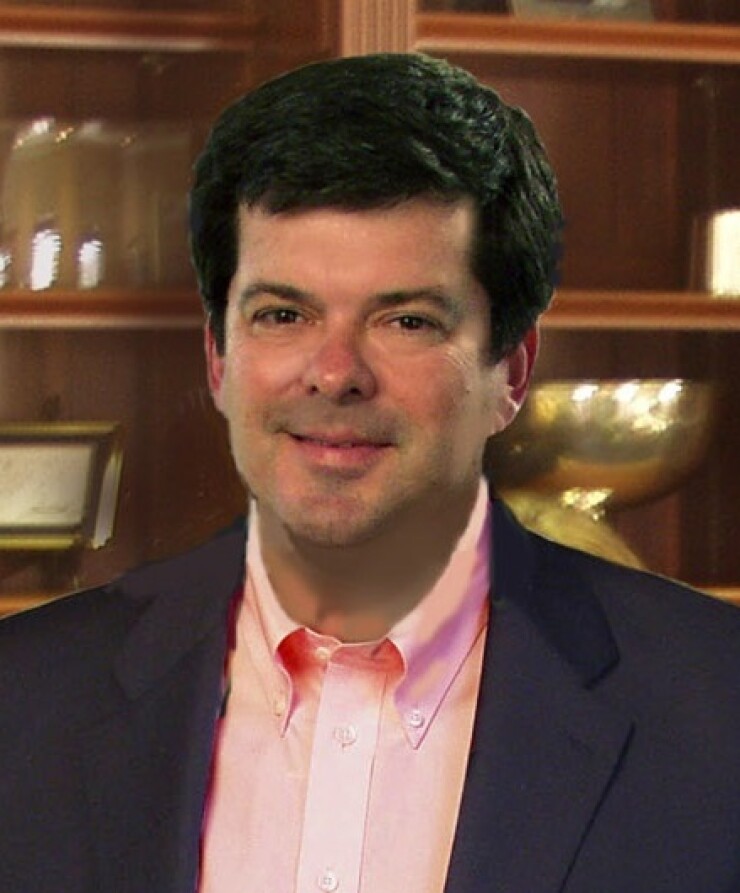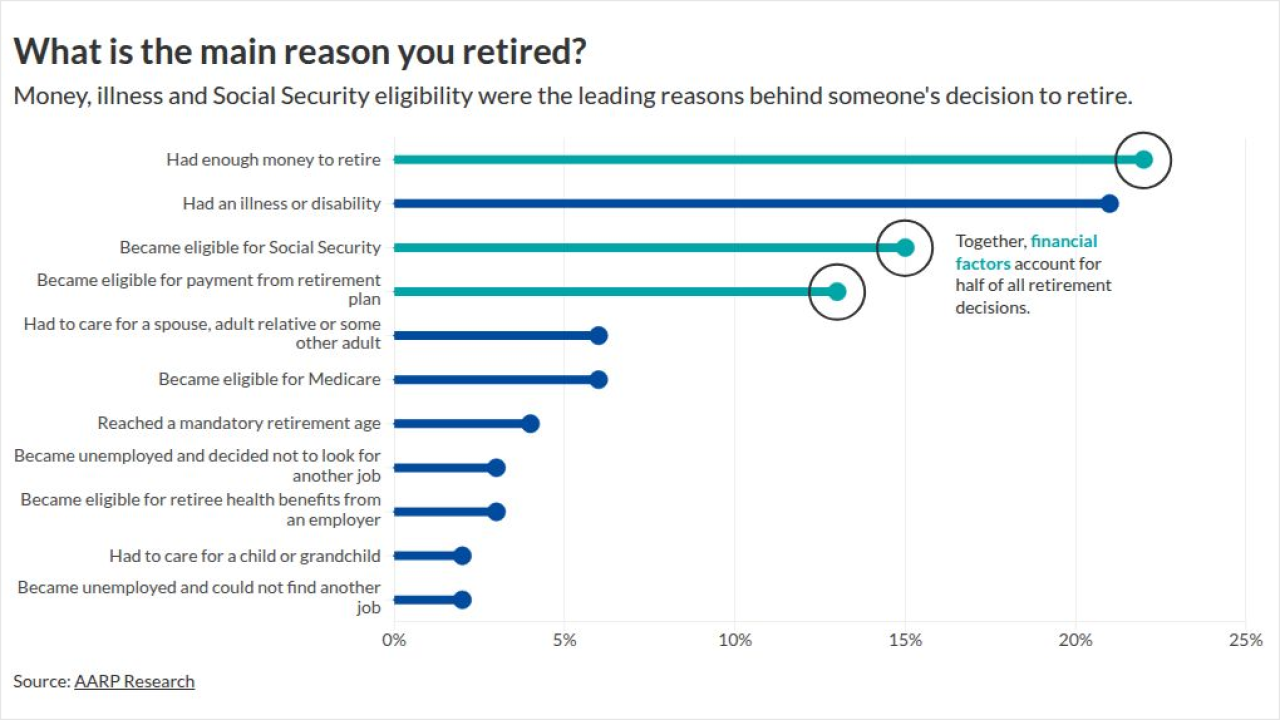As clients demand more from funds, asset managers are embracing new distribution technology, big data and alternative investment strategies.
"Data science is a holistic part of the fiduciary responsibility we adhere to on behalf of our clients," says Tiffani Potesta, head of distribution strategy, North America, for Schroders.
"Customization that aligns with client goals is becoming essential," says Dan O'Lear, president of Franklin Templeton Distributors. "Tax optimization and value-aligned options such as impact, ESG and SRI strategies are a few examples."

For more on what Potesta, O'Lear and four other execs told Money Management Executive, read our special report.

Is data pointless or priceless?
Tiffani Potesta, head of distribution strategy, North America, Schroders
Asset management firms make frequent headlines by investing in big data, but they often miss how to fully articulate its true value.
Data for data's sake is pointless, but the ability to interpret countless data points of information is priceless. Data science is a holistic part of the fiduciary responsibility we adhere to on behalf of our clients, and we integrate this in two important ways.
We launched our data insights unit in 2014 to better inform our investors. This team is composed of experts from diverse fields such as physics and sports, who provide unique insights to specific questions that can only be obtained through the analysis of billions of data points.
For example, as ESG becomes a greater imperative to our institutional clients, we can outline the value of data analytics by citing the partnership between our data insights unit and the sustainable investment team on a project to assess the true cost of climate change risk on companies.
-
The “materiality of risks with not considering" the strategy is the primary consideration for its implementation, a UBS survey finds.
June 17 -
The actively managed vehicle will invest in about 100 companies.
May 14 -
Taking on ESG presents fresh challenges for a $3.1 trillion industry that has grappled with sub-par returns.
April 17
This is sort of like data going on a date with investments resulting in the marriage of unique insights and an investment thesis that improves client outcomes.
Another institutional trend we've seen is pension plan derisking from equities. In order to more directly apply data expertise to our work with clients, we formed a client data analytics team within our U.S. strategy division. The data team analyzes allocations in the context of client goals, then works in partnership with our solutions team to devise outside-the-box ways to achieve desired outcomes.
In a highly competitive environment, if our industry isn't finding credible ways to harness the power of information to drive better client outcomes, we simply aren't doing our jobs.

A distribution success story
Kip Meadows, CEO, Nottingham
In today's crowded marketplace, mutual fund and ETF issuers must place a heavy emphasis on distribution to both attract and retain assets.
Most funds limit their expense ratio for competitive and performance reasons. Assuming a 1% expense ratio, for example, an ETF needs to raise $18 million to $20 million just to cover its expenses. At that level, the portfolio manager still is not receiving a fee.
In theory, a skilled portfolio manager with a great investment idea should be able to easily raise assets, but unfortunately this is not always the case. For one, every portfolio manager thinks his or her idea and methodology is singularly superior, which the law of statistics proves cannot be the case. Secondly, impressive performance does not necessarily translate into assets pouring into a fund.
Mutual funds and ETFs are sold, not bought. A wealth manager or retail broker advisor will typically default to a known quantity. Before putting client assets into a new ETF, that advisor will need to be educated on the costs, benefits and risks, as well as the story of why.
The most successful launches of both mutual funds and ETFs during our 31-year history have been from RIAs with a significant existing book of separately managed accounts. The RIA is typically trying to solve the issue of efficiency, reduce administrative necessities and open new markets.
The losers “offer exposure to extremely narrow and volatile segments of the market,” an expert says.
RIAs that have reached the threshold of $300 million or more have been more successful than the smaller RIA, and have usually grown to that level as a result of strong relationships with the wealth management and retail investment professionals. Those sources of referrals are the best way to grow a new mutual fund or ETF.

Delivering on demand
Casey Dylan, director of investment product strategy and communications, Symmetry Partners
Both retail and institutional investors have become more focused on the methodology of delivering outcomes, ranging from an adoption of more nuanced or complex solutions like ESG factors, to a heightened cost-consciousness, to an expectation of extreme personalization.
Historically, the asset management industry's approach to distribution has been akin to brute force. To grow sales, simply add more bodies to the sales and marketing effort. According to a recent study by Casey Quirk, between 2012 and 2017 the industry added 50% more sales and marketing-related headcount.
However, over that same time frame, per employee revenue and profit dropped by more than half.
The demands of retail and institutional investors have evolved dramatically, and the old distribution paradigm no longer holds. Future distribution success will depend on delivering the outcomes retail and institutional investors have demanded.
In order to deliver the customer experience necessary for distribution growth, firms will have to quickly and dramatically increase their deployment of the next generation of integrated distribution technology (data repository, client analytics engines, AI, client experience apps). Over the three years ending in 2017, asset managers who ranked in the top third of their peers based on distribution technology spend grew twice as fast as the industry overall.
-
Industry leaders weigh in on key issues, including technology advancements, the increasing focus on ESG and developments in ETFs.
June 14 -
Its purchase includes the manager’s mutual fund and ETF businesses.
November 15 -
Advancements in fintech, new products and a shifting regulatory environment are among industry executives' top concerns.
July 17
Leveraging the benefits of new distribution technology will require that asset managers evolve the composition and talent of their sales teams.
The efficiencies of technology suggest fewer, but more sophisticated and tech savvy, team players will be required to deliver the curated client experience of more personalized and complex solutions.
Many firms have already successfully taken steps down this path. However, those that have yet to make it a key business imperative risk the looming Scylla and Charybdis of ever-increasing fee and margin compression on dwindling assets under management.

3 truths of distribution
Joe Anthony, president of financial services, Gregory FCA
Asset management firms face immense pressure to move the needle with distribution, as competition forces them to up their game. Marketing and public relations teams supporting these efforts need an edge.
Brands need to be broadcasters, not just publishers. It seems that just as financial brands were getting into the swing of things with content publishing, the video beast splashed into the picture and made much of that content feel diminished in relevance. Creating thoughtful video doesn't have to be costly or time-consuming. Nor does it have to sacrifice quality. Video content has to meet audiences where they are.
One-offs can be impactful. What matters more than the efficacy of an ongoing campaign are the individual merits of each piece of content your team produces in support of its products and services. If communicators and marketers fall victim to the "more is more" approach, without concern for quality, the impact of their efforts will diminish.
Third-party credibility is key. Getting content in the hands of the right audience is crucial. Visibility and credibility remain essential for the success of promoting products and services. Consistent media coverage can breed familiarity for buyers and centers of influence. Most important, strong press recognition lends credibility with buying audiences that place a premium on trust.
The media landscape has shifted, but the change hasn't undercut the influence media can have on how your company is perceived.

Focusing on better outcomes
Dan O’Lear, president, Franklin Templeton Distributors
Advisors are keenly focused on delivering enhanced value to their clients. We see several key trends where asset managers can help advisors customize, access specialized investment strategies and provide a better overall client experience.
Outcome-oriented solutions. Customization that aligns with client goals is becoming essential. Tax optimization and value-aligned options such as impact, ESG and SRI strategies are a few examples.
Solutions designed to achieve a specific outcome — or even an individual goal — are areas where leading advisors are looking for partners. We see a huge opportunity to leverage the power of machine learning alongside our award-winning goals-based investing research to help advisors deliver truly personalized solutions that are purpose-built for unique goals.
A number of shifts are required in the ecosystem across the entire value chain of wealth management, technology infrastructure and asset management.
Enhanced alpha. Active managers have always helped advisors deliver the potential for enhanced alpha and risk management to their clients.
With increased scrutiny of fees, demonstrating value is even more critical. To that end, we're implementing new ways to enable exposure to investment options historically available only to institutional investors.
The average expense ratio among the leading 20 is nearly 40 basis points cheaper than what investors paid on average last year.
Providing access to alternative asset classes such as private equity, private credit and real assets is a key focus area for us, as is delivering sophisticated quantitative strategies across investment vehicles.
Superior client experience. The quest to provide a better client experience has advisors looking to us for value far beyond product. Thought leadership that helps advisors stay abreast of market shifts and trends, portfolio construction and risk management services to assess and improve the solutions they're providing, and practice management support and technology to enhance efficiency and effectiveness, are all areas distributors should be committed to elevating.

The new portfolio construction
Steven L. Skancke, chief economic advisor, Keel Point
The 121-month economic expansion, record stock market highs, increased concentration of private wealth, growth of RIAs, advancing retirements of baby boomers and increased investment activity of millennials all converge to impact the way asset managers market, sell and view redemptions of their products.
The equities bull market has allowed institutional and private investors to fund distribution requirements with a portion of their gains. An economic slowdown and equities slump will have a direct impact on how institutional and retirement distributions are funded.
Such funding will increasingly tap into principal when earnings in equity and fixed-income investments are insufficient to cover spending needs. Portfolio construction anticipates liquidating investment principal when markets are drawn down in order to avoid selling assets whose value is temporarily impaired.
My firm seeks to change the way RIAs interact with asset managers. Our focus is on the construction of all-weather portfolios, and we look toward how an asset manager's solution provides a needed component to such a portfolio.
We expect asset managers to contribute to our risk-based analytical process and not just concentrate on selling a an "interesting product."
Asset manager distribution success will depend on adapting to the new method of portfolio construction.






